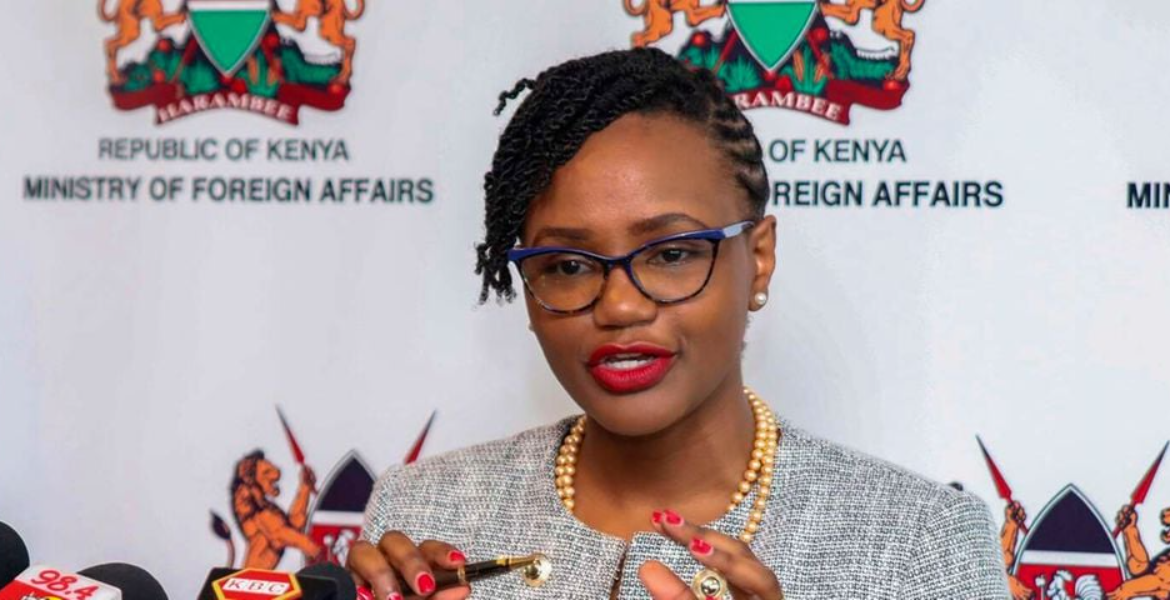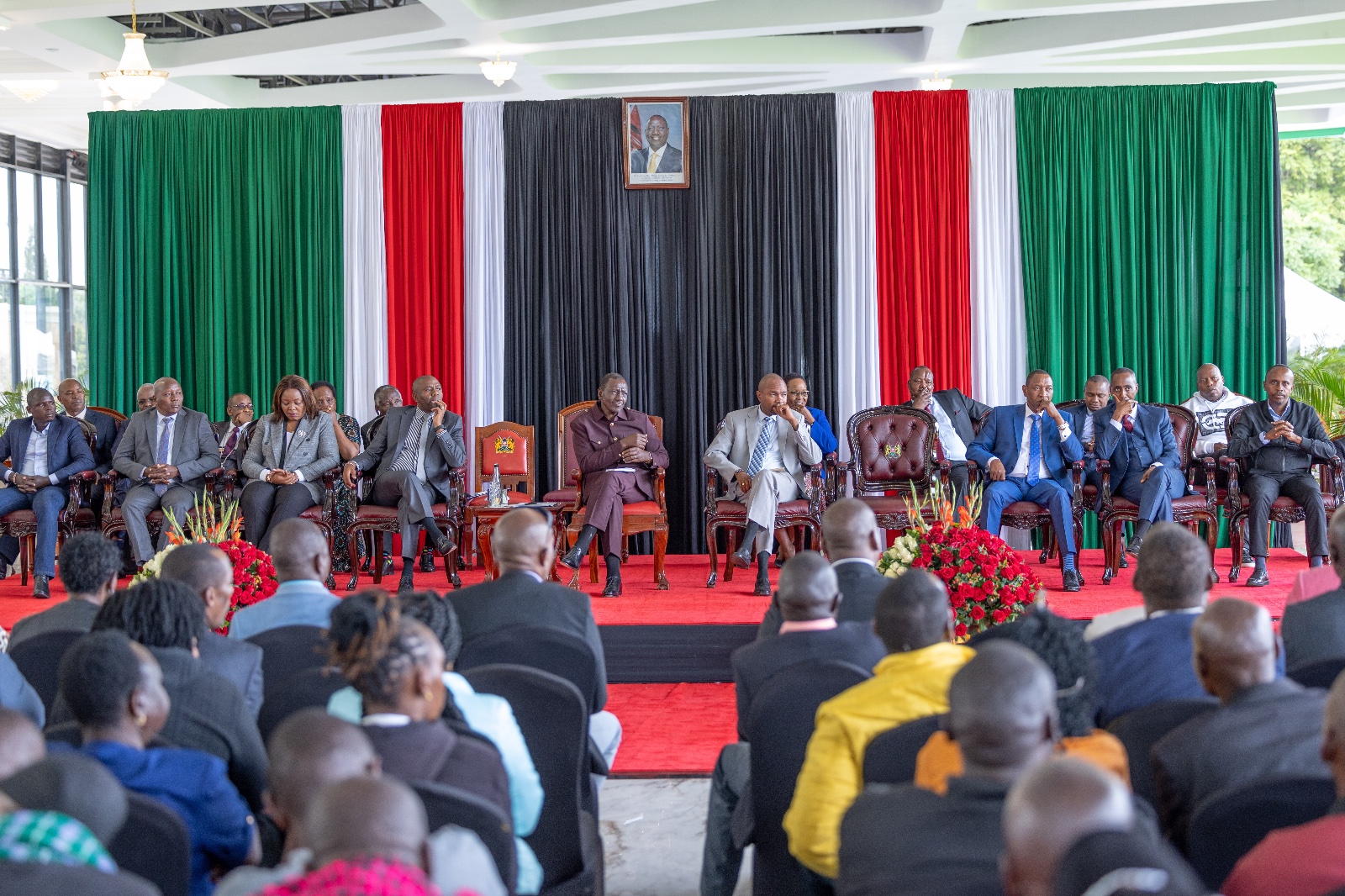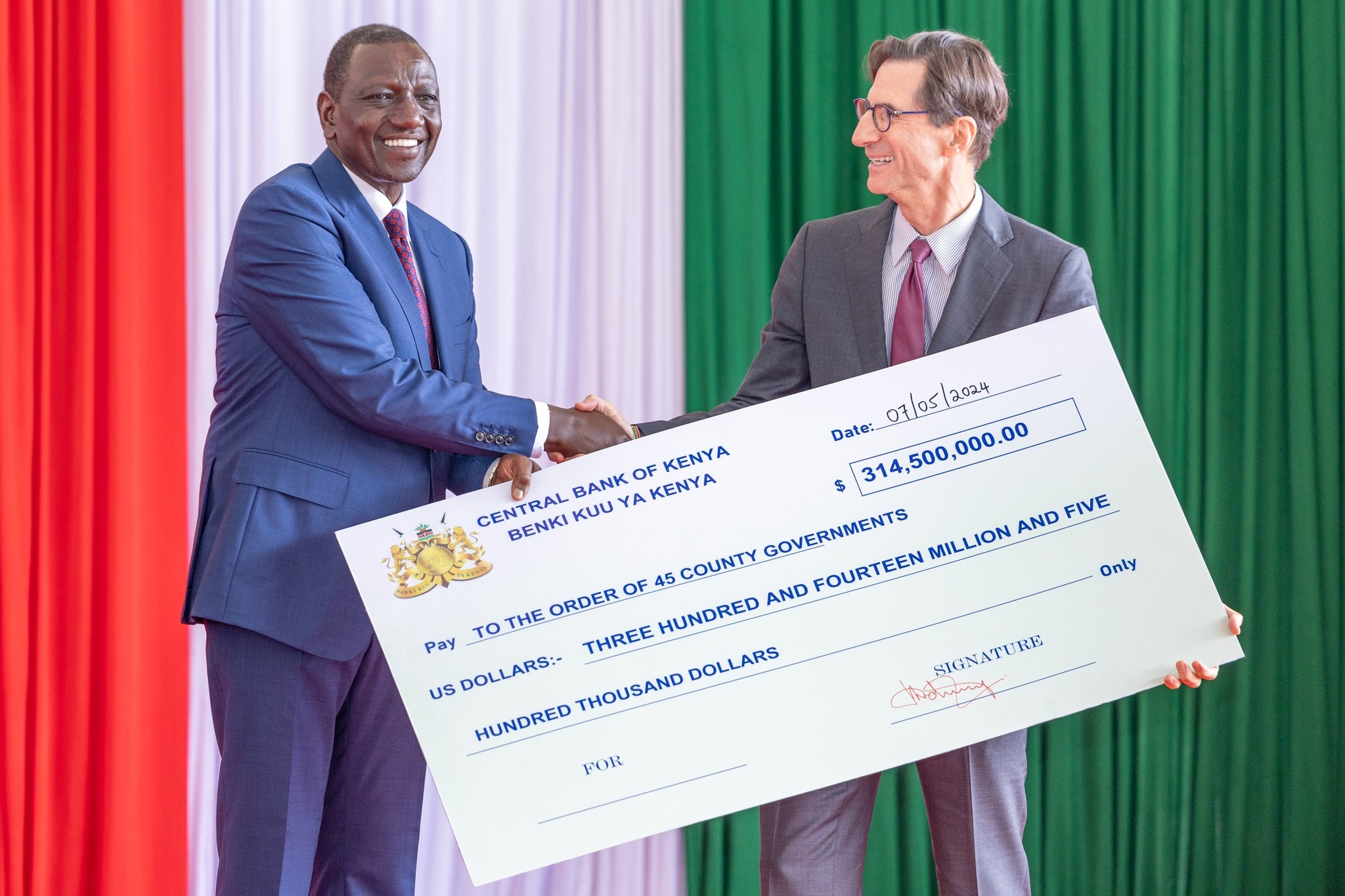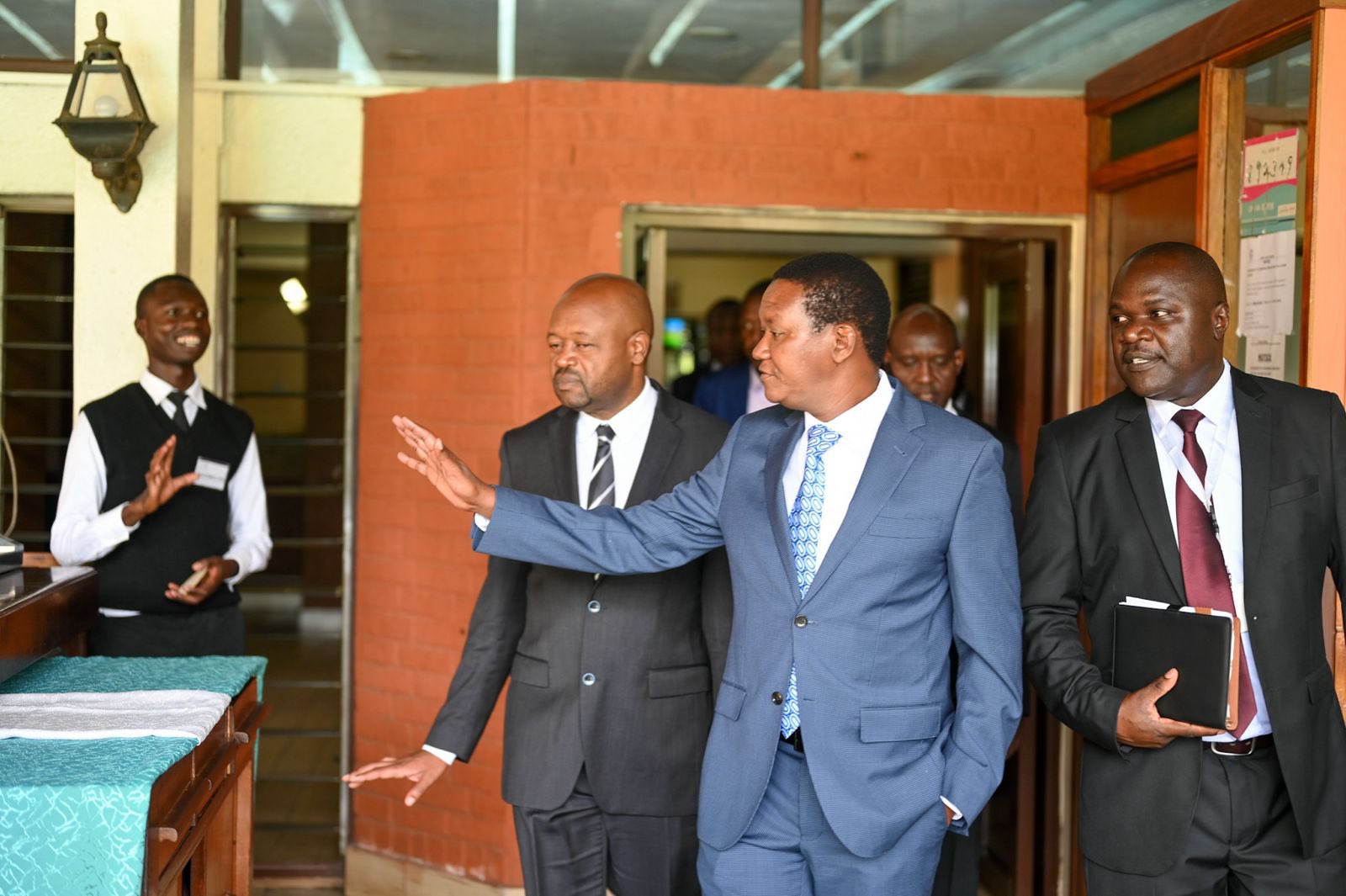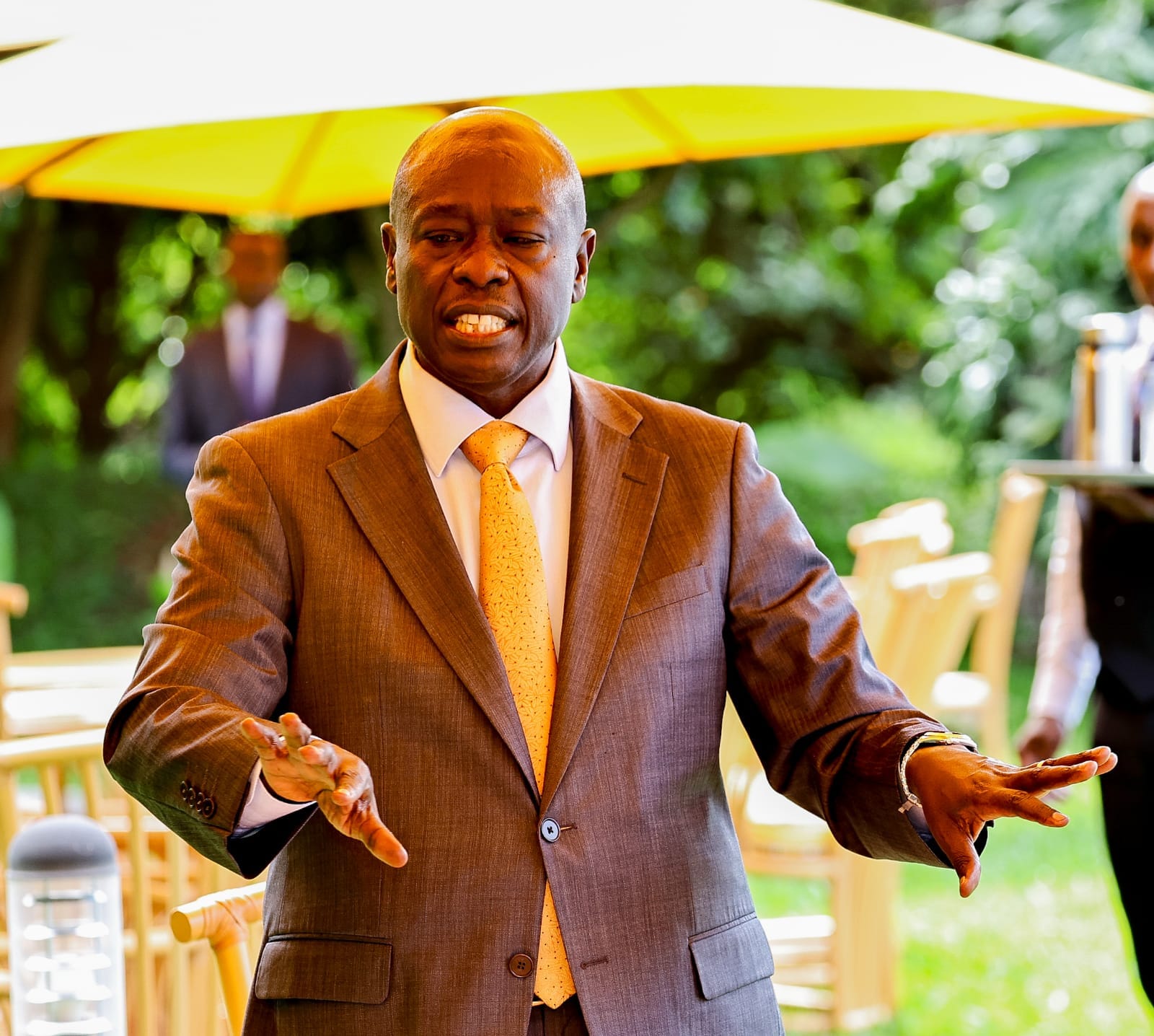
In the aftermath of a recent opinion poll grading the Deputy President with an ‘E’ and assigning a ‘D’ to the President and the Cabinet, a pressing question emerges: What specific task has the Deputy President been assessed on, given his collaborative role within the government?
With no distinct solo responsibilities, the grading raises eyebrows and prompts a critical examination of the criteria employed.
This grading system, seemingly lacking clarity and specificity, highlights the need for transparency in the methodologies adopted by opinion pollers.
It is crucial to question the objectivity behind such assessments, especially when the roles of public figures are inherently collaborative.
The Deputy President, by virtue of his position, works closely with the President and the Cabinet, making it challenging to pinpoint individual tasks.
In light of this, a call is made to the pollsters to reassess their approach and be more objective in their evaluations.
The public deserves comprehensive and unbiased insights into the performance of political figures, void of potential manipulation or misrepresentation.
It is imperative that opinion polls uphold a standard of fairness and accuracy, providing the electorate with a reliable gauge of leadership effectiveness.
As the public engages in conversations sparked by these gradings, the plea for transparent, objective, and meaningful assessments resonates—a crucial aspect in maintaining the integrity of opinion polling in shaping public perceptions.


